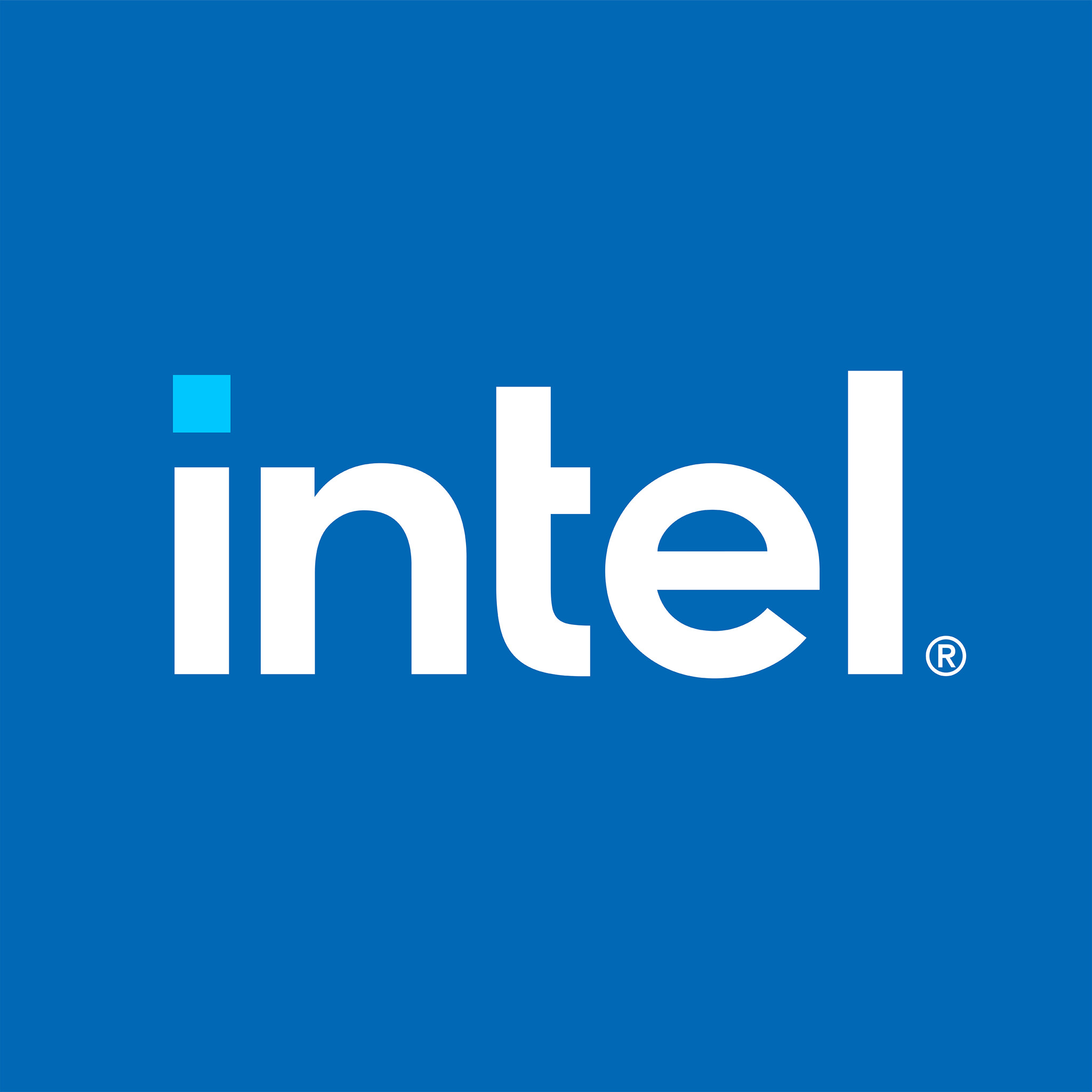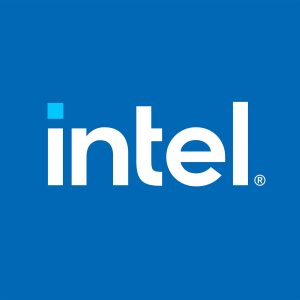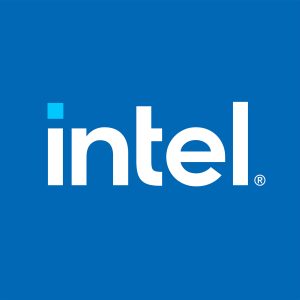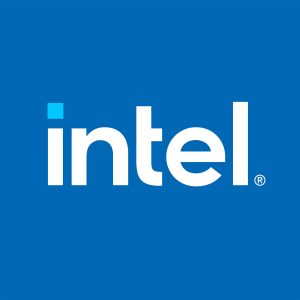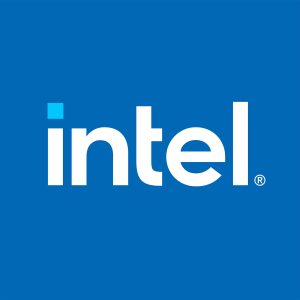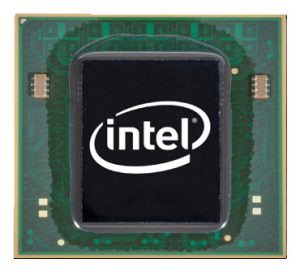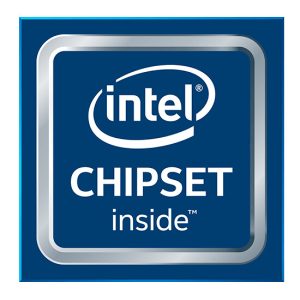Intel FTXL710-BM2 Microcontroller
1.023,75 kr. inkl. moms (ex. moms 819,00 kr.)
INTEL Ethernet Controller FTXL710-BM2 FCmBGA
Ikke på lager
Giv mig besked når varen kan købes

Intel® Virtualization Technology (VT-x)
Intel® Virtualization Technology (VT-x) allows one hardware platform to function as multiple “virtual” platforms. It offers improved manageability by limiting downtime and maintaining productivity by isolating computing activities into separate partitions.
Intel® Data Direct I/O Technology
Intel® Data Direct I/O Technology is a platform technology that improves I/O data processing efficiency for data delivery and data consumption from I/O devices. With Intel DDIO, Intel® Server Adapters and controllers talk directly to the processor cache without a detour via system memory, reducing latency, increasing system I/O bandwidth, and reducing power consumption.
PCI-SIG* SR-IOV Capable
Single-Root I/O Virtualization (SR-IOV) involves natively (directly) sharing a single I/O resource between multiple virtual machines. SR-IOV provides a mechanism by which a Single Root Function (for example a single Ethernet Port) can appear to be multiple separate physical devices.
Intel® Ethernet Power Management
Intel® Ethernet Power Management Technology provides solutions to common power management approaches by reducing idle power, reducing capacity and power as a function of demand, operating at maximum energy efficiency whenever possible, and enabling functionality only when needed.
Fiber Channel over Ethernet
Fibre Channel over Ethernet (FCoE) is an encapsulation of Fibre Channel frames over Ethernet networks. This allows Fibre Channel to use 10 Gigabit Ethernet networks (or higher speeds) while preserving the Fibre Channel protocol.
IEEE 1588
IEEE 1588, also knows as the Precision Time Protocol (PTP) is a protocol used to synchronize clocks throughout a computer network. On a local area network it achieves clock accuracy in the sub-microsecond range, making it suitable for measurement and control systems.
Flexible Port Partitioning
Flexible Port Partitioning (FPP) technology utilizes industry standard PCI SIG SR-IOV to efficiently divide your physical Ethernet device into multiple virtual devices, providing Quality of Service by ensuring each process is assigned to a Virtual Function and is provided a fair share of the bandwidth.
Virtual Machine Device Queues (VMDq)
Virtual Machine Device Queues (VMDq) is a technology designed to offload some of the switching done in the VMM (Virtual Machine Monitor) to networking hardware specifically designed for this function. VMDq drastically reduces overhead associated with I/O switching in the VMM which greatly improves throughput and overall system performance
| Vægt | 0,0100 kg |
|---|---|
| Litografi | 28 nm |
| Brand | Intel |
| State | Default |
| On-board grafikkort | Ingen |
| On-chip QoS og trafik administration | Ja |
| PCI-SIG* SR-IOV kompetent | Ja |
| Intelligent Offloads | Ja |
| Pakke størrelse | 25 x 25 mm |
| Fiberkanal over ethernet | Ingen |
| Jumbo Frames support | Ja |
| Eksportkontrolklassisfikationsnummer (ECCN) | 5A991 |
| Automatiseret sporingssystem til vareklassificering (CCATS) | NA |
| Thermal Design Power (TDP) | 7 W |
| Lanceringsdato | Q4'15 |
| Opbevaring over ethernet | iSCSI, NFS |
| Produktkode navn | Fortville |
| Status | Launched |
| Produktserie | 700 Series Controllers (up to 40GbE) |
| Intel® Fleksibel Port-deling | Ja |
| Intel® Ethernet Power Administration | Ja |
| Intel® Data Direct I/O Teknologi | Ja |
| Intel® Virtual Machine Device Queues (VMDq) | Ja |
| Maksimal driftstemperatur | 55 °C |
| Driftstemperatur (T-T) | 0 – 55 °C |
| Harmoniseret systemkode (HS) | 8542310001 |
| Ethernet LAN-datahastigheder | 1000,10000,40000 Mbit/s |
| NC-SI (Network controller sideband interface) | Ja |
| Værtsgrænseflade | PCI Express |
| Ethernet LAN-porte (RJ-45) | 2 |
| PCI Express slots version | 3.0 |
